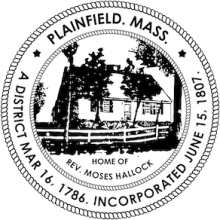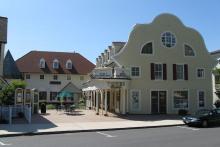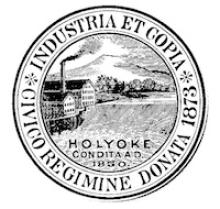Easthampton Voters to Decide on First Step to Muni this November
This November, voters in Easthampton, Massachusetts, will have the chance to grant the city the authority to establish a municipal light plant (MLP). If they pass the ballot measure, the community will legally be able to develop a publicly owned network. Passage doesn't gurantee Easthampton will take the next step and deploy a network, but the community has been researching options to better understand which direction is right for them if they decide to move forward.
Creating the MLP
In keeping with state law, communities in Massachusetts must form an MLP to manage municipal utilities and municipal broadband service. The Easthampton City Council voted twice over the past two fiscal years to approve an MLP, which then allowed the issue to be put on the ballot for voters.
Establishing the MLP doesn’t mean that the city will launch a network, but gives the community the necessary entity to manage it in the future, should they decide to do so. The MLP can also eventually offer other municipal utilities, such as electricity or gas.
Sharing Findings
At a September 11th public hearing, members of the Telecommunications Advisory Committee presented results of a local survey and shared their research. The committee formed in 2018, and began investigating the connectivity situation in Easthampton, possible community network models, and examples from other communities to be prepared if the issue moves forward.
Charter/Spectrum serves most of the community with cable Internet access and Verizon provides DSL in additional areas. According to Council Member Thomas Peake, who is also on the committee, there is little service area overlap between the two companies. The lack of competition from the private sector and resulting dissatisfaction from subscribers — rated an average of 2.94 out of 5 on the survey — prompted Easthampton to look into a publicly owned option.



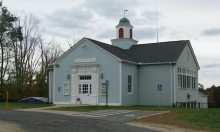
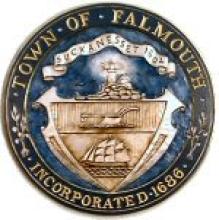
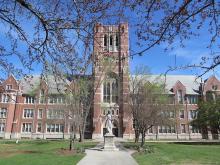
 CEL chose the areas for the pilot based on location and the opportunity to experiment with a variety of structures. The utility decided that fiberhoods closer to the existing network with a combination of single family homes, condos, and businesses would create efficient environments to work out potential problems before wider deployment. Subscribers in the pilot areas can expect to be connected to Crossroads Fiber by the end of the summer.
CEL chose the areas for the pilot based on location and the opportunity to experiment with a variety of structures. The utility decided that fiberhoods closer to the existing network with a combination of single family homes, condos, and businesses would create efficient environments to work out potential problems before wider deployment. Subscribers in the pilot areas can expect to be connected to Crossroads Fiber by the end of the summer.
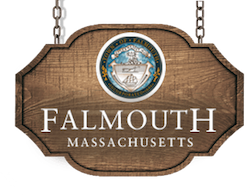 The community is looking for a firm that will:
The community is looking for a firm that will:
 David Talbot from CTC Technology and Energy was on hand to discuss what sorts of issues a feasibility study would address. A study would help the community determine what assets they have that can facilitate a community network, identify where the existing infrastructure’s gaps are, create a basic network design, and offer a strategy and cost estimates.
David Talbot from CTC Technology and Energy was on hand to discuss what sorts of issues a feasibility study would address. A study would help the community determine what assets they have that can facilitate a community network, identify where the existing infrastructure’s gaps are, create a basic network design, and offer a strategy and cost estimates.